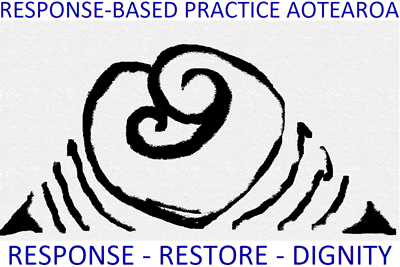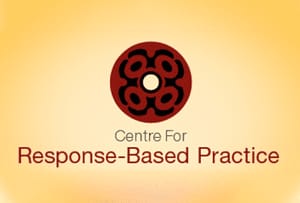by Catherine Richardson aka Cathy
Are problems really problems? Could we just view them as part of daily life?
Having problems is part of the human condition. Problem-solving has always been a major part of daily life, whether that means putting food on the table, doing homework, finding a good dentist or trying to navigate the bureaucracy. I have recently become more aware of the distinction between “doing”, being active and responsive, and just “being”, without any real plan or agenda. All of life involves “doing”, actually, but sometimes just sitting, breathing, taking in the surroundings is enough. It is important to have those moments to ‘clear the head’ and not let worries take over the mental process. This helps the body to relax as well.
Existential philosophers, such as Victor Frankl, have offered the world important thoughts on how to respond to adversity in ways that do not destroy one’s faith in humanity or in life itself. Part of recovering from anything means adopting an attitude, a perspective or a philosophy that upholds one’s dignity as a worthy being on this planet. When dealing with oppressive circumstances, we need room to breath, to think, to explore and to imagine other possibilities.
Expansiveness is one of the qualities of the relationship with the self, with one’s body and with its uninvited visitor. Here, I am referring to having cancer. After receiving a diagnosis, and sharing that news with others, one is typically bombarded by formulations and descriptions of one’s condition. This imposition may create an unwanted struggle in regards to jousting over representation - how will we talk about this new ‘thing’.
It is important to resist the labels and descriptions imposed by others, whether that is a doctor, a self-help book friend, or someone who watched Oprah. As someone living with illness, and the accompanying fear and/or grief, there are a number of ways to think about what you are going through. Some are more dignified and life-affirming than others. Once, after a hip operation, a nurse said “use your good leg, not your bad one!” In my mind, I retorted “both my legs are good thank you very much!”
As a counsellor working with others to help make meaning of their situation, it is important the journey be a co-creation of images and descriptions. During a time of illness and suffering, one often feels « acted upon » because there is a cast of characters who take interest in our treatment. One way to consider and express the experience is through developing and applying a metaphor to help conceptualize the situation. A metaphor is a poetic or literary, (non-medical) way of talking about illness and suffering, as well as other experiences. Morever, when living with cancer there are more metaphors available than the military ones based on « defeating », « beating », « conquering », « overcoming ». As I will describe below, there are also peaceful metaphors based on love, acceptance and grace.

